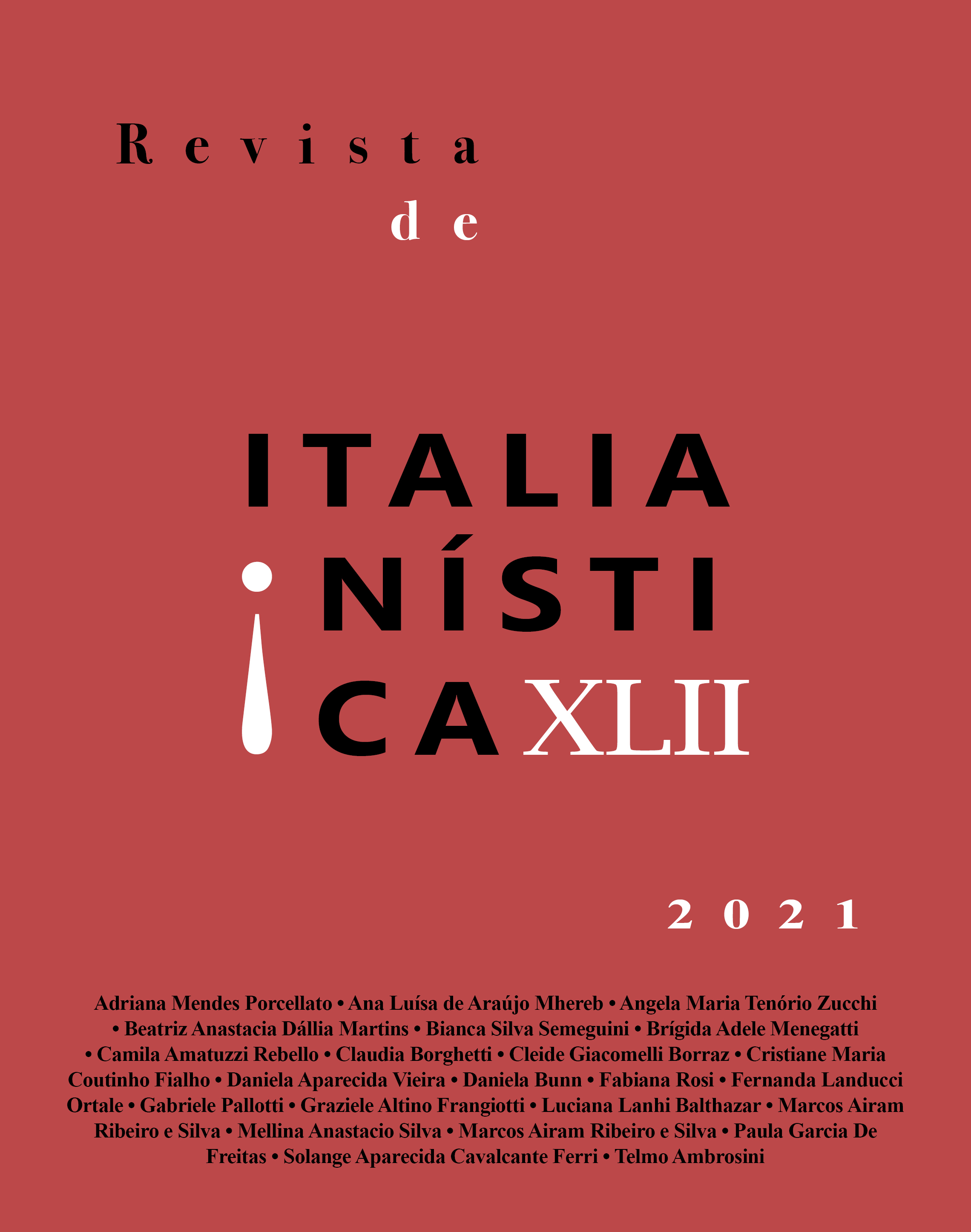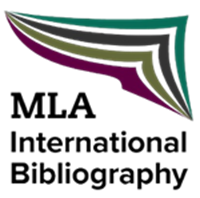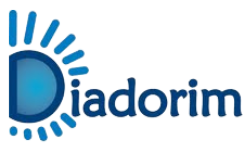Analisi dell’interlingua, valutazione formativa e sperimentazione educativa nella formazione docenti
DOI:
https://doi.org/10.11606/issn.2238-8281.i42p23-43Palavras-chave:
Interlingua, Valutazione formativa, Didattica della scrittura, Apprendimento cooperativo, Ricerca-azioneResumo
L’articolo presenta Osservare l’interlingua, un progetto di didattica della scrittura che, a partire dal 2007, ha coinvolto decine di insegnanti e centinaia di alunni della scuola primaria e secondaria di primo grado a Reggio Emilia (Italia) e provincia. Tramite sessioni di formazione a insegnanti e attività di ricerca-azione condotte nelle classi, il progetto mira a promuovere un’educazione linguistica efficace e inclusiva rivolta all’intera classe e non a specifici sottogruppi quali ad esempio studenti monolingui o multilingui, nativi o non nativi, con maggiori o minori capacità di scrittura. L’articolo illustra i principi teorici e metodologici su cui poggiano le proposte didattiche del progetto, a partire dall’idea stessa di ‘interlingua’ che dà il nome al progetto: per progettare e realizzare percorsi pedagogici coerenti con le traiettorie evolutive degli alunni, è infatti innanzitutto necessario partire dall’analisi puntuale delle produzioni e delle strategie di scrittura di ciascuno. Quella promossa è una valutazione di tipo formativo che valorizza i progressi d’apprendimento, consente di identificare le cause delle criticità e, conseguentemente, permette la progettazione di interventi didattici mirati. Oltre a dare conto dell’organizzazione complessiva di Osservare l’interlingua e a presentarne alcuni percorsi pedagogici, l’articolo riporta sinteticamente i principali risultati degli studi sperimentali che periodicamente vengono condotti sulle produzioni orali e scritte dei bambini, per verificare gli effetti degli interventi didattici sulle abilità di scrittura e sulla motivazione a scrivere. Entrambi i tipi di studio confermano l’efficacia del progetto, che riceve tra l’altro feedback molto positivi da tutti gli attori coinvolti (docenti, studenti e famiglie).
Downloads
Referências
ANDERSEN, R. W.; SHIRAI, Y. The primacy of aspect in first and second language acquisition: the pidgin-creole connection. In: RITCHIE, W. C. e BHATIA, T. J. (eds.). Handbook of second language acquisition. London: Academic Press, 1996, pp. 27-569.
ANTINUCCI, F.; MILLER, R. How children talk about what happened. Journal of Child Language, n. 3, 1976, pp. 167-189. DOI: https://doi.org/10.1017/S0305000900001434.
BANFI, E.; BERNINI, G. Il verbo. In: GIACALONE RAMAT, A. (a cura di). Verso l’italiano. Roma: Carocci, 2003, pp. 70-115.
BEREITER, C.; SCARDAMALIA, M. The psychology of written composition. Hillsdale, NJ: Erlbaum, 1987.
BERRUTO, G. Sociolinguistica dell’italiano contemporaneo. Roma: Carocci, 1987.
BLACK, P.; WILIAM, D. Assessment and classroom learning. Assessment in Education: Principles, Policy & Practice, n. 5.1, 1998, pp. 7-74. DOI: https://doi.org/10.1080/0969595980050102.
CONSIGLIO D’EUROPA. Quadro comune europeo di riferimento per le lingue: apprendimento insegnamento valutazione. Firenze: La Nuova Italia, 2002.
CORDER, S. P. The significance of learner’s errors. International Review of Applied Linguistics in Language Teaching, n. 5, 1967, pp. 1-4. DOI: https://doi.org/10.1515/iral.1967.5.1-4.161.
CORTÉS VELÁSQUEZ, D.; NUZZO, E. (a cura di) Il task nell’insegnamento delle lingue. Roma: RomaTrE-Press, 2018. Disponibile all’indirizzo: http://romatrepress.uniroma3.it/wp-content/uploads/2019/10/1801-3589-1-SM.pdf. Ultima consultazione: 27/07/2021.
DE BENI, R.; CISOTTO, L.; CARRETTI, B. Psicologia della lettura e della scrittura: l’insegnamento e la riabilitazione. Trento: Erickson, 2001.
ELLIS, R. Reflections on task-based language teaching. Bristol: Multilingual Matters, 2018.
FERRARI, S.; BURZONI, G. Imparare a scrivere meglio. Un’indagine sperimentale sugli effetti di una sperimentazione educativa sulle classi intere e sugli alunni plurilingui. Italiano LinguaDue, n. 10, 2018, pp. 308-327. DOI: https://doi.org/10.13130/2037-3597/11312.
FLOWER, L. S.; HAYES, J. R. A cognitive process theory of writing. College Composition and Communication, n. 32.4, 1981, pp. 365-387. DOI: https://doi.org/10.2307/356600.
GIACALONE RAMAT A. (a cura di) Verso l’italiano. Roma: Carocci, 2003.
HARRIS, K. R.; GRAHAM, S. Making the writing process work: Strategies for composition and self-regulation. Cambridge, MA: Brookline Books, 1996.
HATTIE, J. Visible learning for teachers: Maximizing impact on learning. London: Routledge, 2011.
HIDI, S. E.; BOSCOLO, P. (eds.) Writing and motivation. Oxford: Elsevier, 2007.
KRASHEN, S. D. Second language acquisition and second language learning. Oxford: Pergamon, 1981.
KUIKEN, F.; VEDDER, I. Assessing functional adequacy of L2 performance in a task-based approach. In: TAGUCHI, N. e KIM, Y. (eds.). Task-based approaches to teaching and assessing pragmatics. Amsterdam: Benjamins, 2018, pp. 266-285.
LUNDSTROM, K.; BAKER, W. To give is better than to receive: The benefits of peer review to the reviewer’s own writing. Journal of Second Language Writing, n. 18.1, 2009, pp. 30-43. DOI: https://doi.org/10.1016/j.jslw.2008.06.002.
PALLOTTI, G. Osservare l’Interlingua: percorsi di educazione linguistica efficace per ridurre le diseguaglianze. In: VEDOVELLI, M. (a cura di). L’italiano dei nuovi italiani. Atti del XIX Convegno Nazionale GISCEL. Roma: Aracne, 2017a, pp. 505-520.
PALLOTTI, G. Applying the interlanguage approach to language teaching. International Review of Applied Linguistics in Language Teaching, n. 55.4, 2017b, pp. 393-412. DOI: http://dx.doi.org/10.1515/iral-2017-0145.
PALLOTTI, G.; BORGHETTI, C.; ROSI, F. Insegnare a scrivere nella scuola primaria. Il progetto Osservare l’Interlingua. Bologna: Caissa, 2021.
PALLOTTI, G.; FERRARI, S.; BORGHETTI, C. Raccontare con la penna e con la voce, cosa è uguale e cosa cambia? In: VOGHERA, M., MATURI, P. e ROSI, F. (a cura di). Orale e scritto, verbale e non verbale: la multimodalità nell’ora di lezione. Firenze: Cesati, 2020, pp. 213-226.
PALLOTTI, G.; ROSI F. Più competenze, meno disuguaglianze: risultati di una sperimentazione di educazione linguistica inclusiva nella scuola secondaria di primo grado. In: VEDOVELLI, M. (a cura di). L’italiano dei nuovi italiani. Atti del XIX Convegno Nazionale GISCEL. Roma: Aracne, 2017, pp.193-209.
PIENEMANN, M. Language processing and second language development: Processability theory. Amsterdam/Philadelphia: John Benjamins, 1998.
POZZO, G. Il continuum della valutazione: la valutazione formativa e i suoi strumenti. In: GATTULLO, F. (a cura di). La valutazione degli apprendimenti linguistici. Scandicci: La Nuova Italia, 2001, pp. 37-72.
ROSI, F. Learning aspect in Italian L2: Corpus annotation, acquisitional patterns, and connectionist modelling. Milano: Franco Angeli, 2009.
ROSI, F.; BORELLI, C. Il processo di produzione scritta: la coesione verbale in testi di scuola primaria. Italiano LinguaDue, n. 6.2, 2014, pp. 247-268. DOI: https://doi.org/10.13130/2037-3597/4700.
SELINKER, L. Interlanguage. International Review of Applied Linguistics in Language Teaching, n. 10.1-4, 1972, pp. 209-232. DOI: https://doi.org/10.1515/iral.1972.10.1-4.209.
STORCH, N. Collaborative writing in L2 classrooms. Bristol: Multilingual Matters, 2013.
TARALLO, C. Una sperimentazione per educare a scrivere: analisi statistiche e valutazioni. Tesi (Dottorato in Studi letterari, Linguistici e Comparati) - Università di Napoli L’Orientale, Napoli, 2017.
TROIA, G. A.; SHANKLAND, R. K.; WOLBERS, K. A. Motivation research in writing: Theoretical and empirical considerations. Reading & Writing Quarterly, n. 28.1, 2012, pp. 5-28. DOI: https://doi.org/10.1080/10573569.2012.632729.
VYGOTSKIJ, L. S. Pensiero e linguaggio. Firenze: Giunti. 1992 [prima edizione: 1934].
WHITE, R. V.; ARNDT, V. Process writing. London: Longman, 1991.
WILIAM, D. Embedded formative assessment. Bloomington, IN: Solution Tree, 2018.
ZIMMERMAN, B. J.; RISEMBERG, R. Becoming a self-regulated writer: A social cognitive perspective. Contemporary Educational Psychology, n. 22.1, 1997, pp. 73-101. DOI: https://doi.org/10.1006/ceps.1997.0919.
Downloads
Publicado
Edição
Seção
Licença
Copyright (c) 2021 Revista de Italianística

Este trabalho está licenciado sob uma licença Creative Commons Attribution-NonCommercial-NoDerivatives 4.0 International License.
A revista retém os direitos patrimoniais dos artigos e os publica simultâneamente sob uma Licença Creative Commons-Atribuição-Não Comercial-Sem Derivações.











